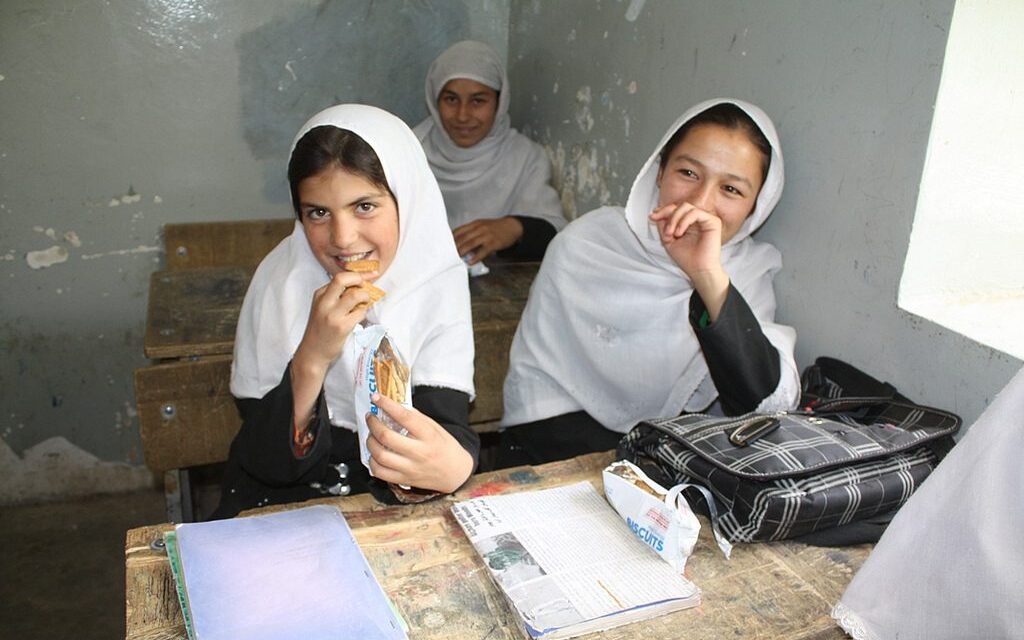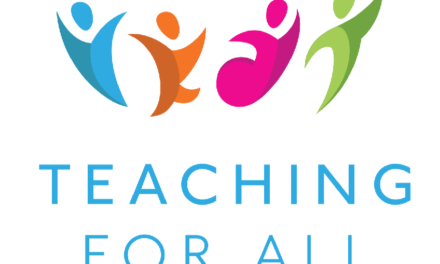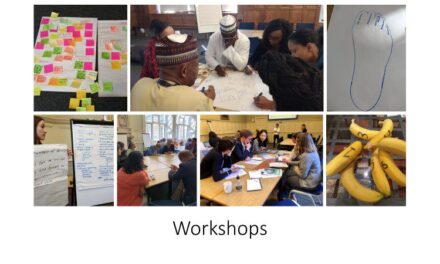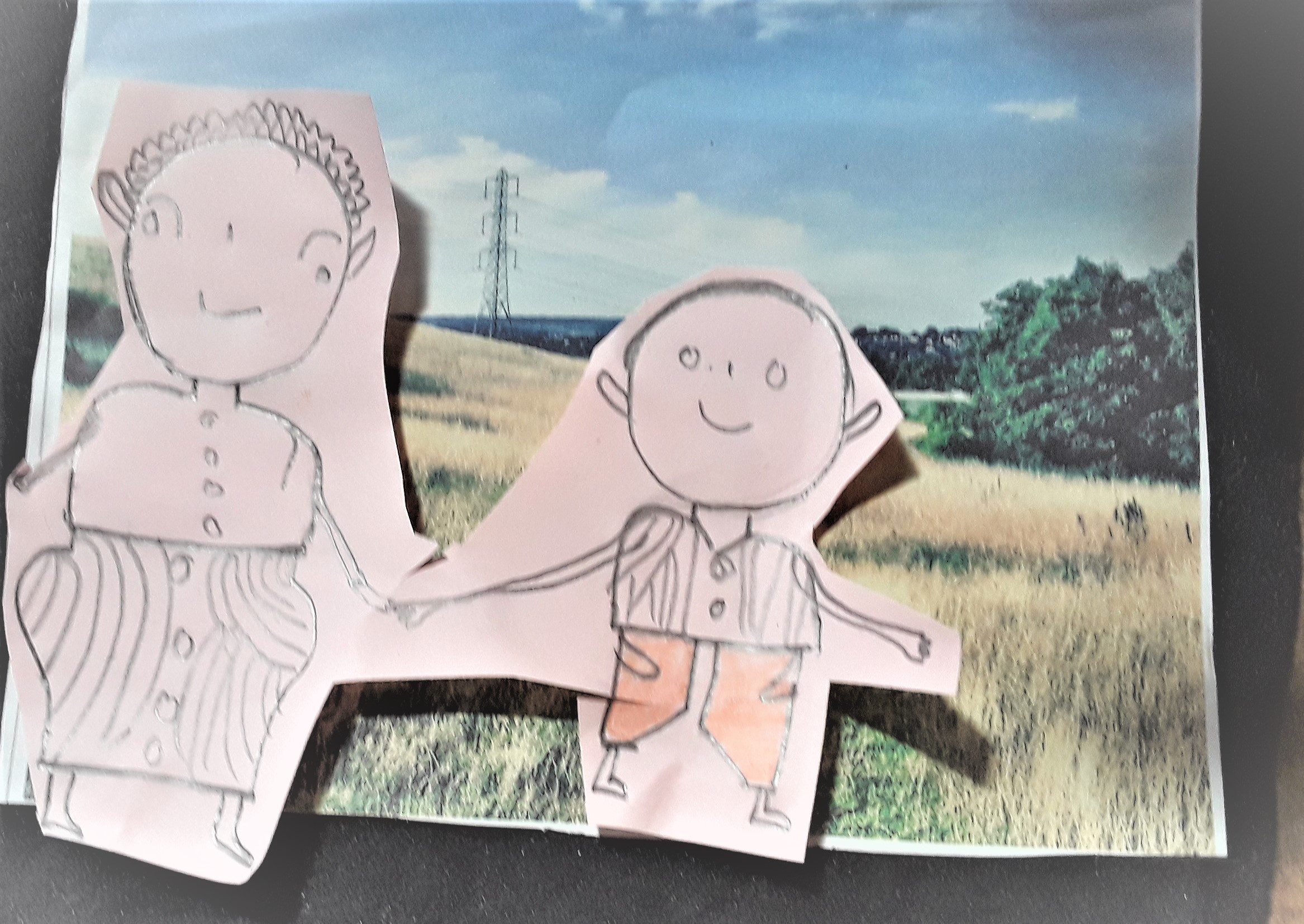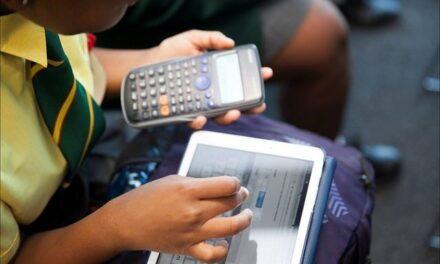Interview with theme convenor of one of six 2019 UKFIET conference themes, ‘System responses to conflict and crises’: Dr Tejendra Pherali, Associate Professor in Education and International Development at the Institute of Education, University College London.
 What excites you about the theme of ‘system responses to conflict and crises’?
What excites you about the theme of ‘system responses to conflict and crises’?
Violent conflicts, natural disasters and refugee crises jeopardise not only the sustainable development goal on education (SDG 4) but also risk the progress towards other goals. In the last two decades, the field of education in emergencies has expanded significantly and there are useful theoretical analyses and empirical research on various dimensions of the nexus between education, violence and peace.
There are four main areas under this theme that I think are both exciting and important at this conference:
- Education is not just a technical process of providing literacy and numeracy to learners. Education, in a broad sense, cultivates cultural, social and political identities that can be both inclusive or exclusionary. Formal education systems usually represent the hegemonic interests of the political elite, which may fuel grievances among ethnic minorities and disenfranchised communities within the society. It is therefore important to engage critically about how education systems are promoting inclusivity and social justice.
- Learning does not only take place within formal educational settings. Community-based non-formal programmes, social movements and political campaigns are also rich platforms of learning and knowledge production. Yet, the learning process within non-conventional domains are scarcely featured in educational debates about peace and social change.
- The world today experiences an unprecedented level of mass exodus due to violent conflicts and natural disasters that both cripples the capacity of formal education systems to deliver quality education as well as ruptures the idea of education as a process of cultivating national values, visions and aspirations. This requires both new approaches to tackle educational challenges in emergencies and more importantly, reinvisioning the fundamental goals of education in complex social and political settings.
- Education is increasingly implicated in the debate about radicalisation and violent extremism. Never before, education has been expected to address these global problems to the extent that it is today.
All these debates make this theme both complex and exciting to discuss at the conference.
How does your theme link to the overall 2019 conference theme of inclusive education systems?
The prevalence of educational inequalities in society increases the likelihood of violent conflicts. Education systems that fail to provide equitable access to quality education risk producing societal inequalities which may serve as one of the root causes of instability. Additionally, education that undermines civic identities and recognition of diversities can only exacerbate social divisions and fuel conditions for conflict. On the contrary, inclusive education systems have the potential to promote peace, justice and strong institutions (SDG 16).
I think we also need to be mindful about education systems that are monopolised by non-democratic and authoritarian states that are likely to cause harm to certain political, cultural or religious groups through discriminatory policies and systemic exclusion. Inclusion, under this theme, is conceptualised as justice in educational access, quality, curriculum, education policy, resource allocation and pedagogies in crisis-settings, irrespective of the background of learners and their political environments. Access to learning for refugees and internally displaced children is key to the idea that education cannot wait until the crisis ends. The education systems that are inclusive and sensitive towards social injustices are more likely to nurture peace and social cohesion than others.
What kind of papers would you like to see submitted under your theme?
Under this theme, we would welcome papers that deal with theoretical and conceptual issues relating to educational debates in conflict, acute emergencies and protracted crises, as well as reports on empirical studies. We welcome contributions that provide evidence on what works in education in crisis settings and how systems might respond differently and flexibly to different types of crises.
We are also interested to develop a new understanding with regards to addressing inconsistencies between humanitarian and development dichotomy that is unhelpful in contexts of protracted humanitarian crises. Additionally, there will also be submissions around the critical role of education systems in promoting critical political citizenship and tackling violent extremism; and the coherence between humanitarian, development and peace and security actors to support education systems.
Finally, we would like papers that report on the effective ways systems can support education and training for refugees, IDPs and other groups affected by crises.

